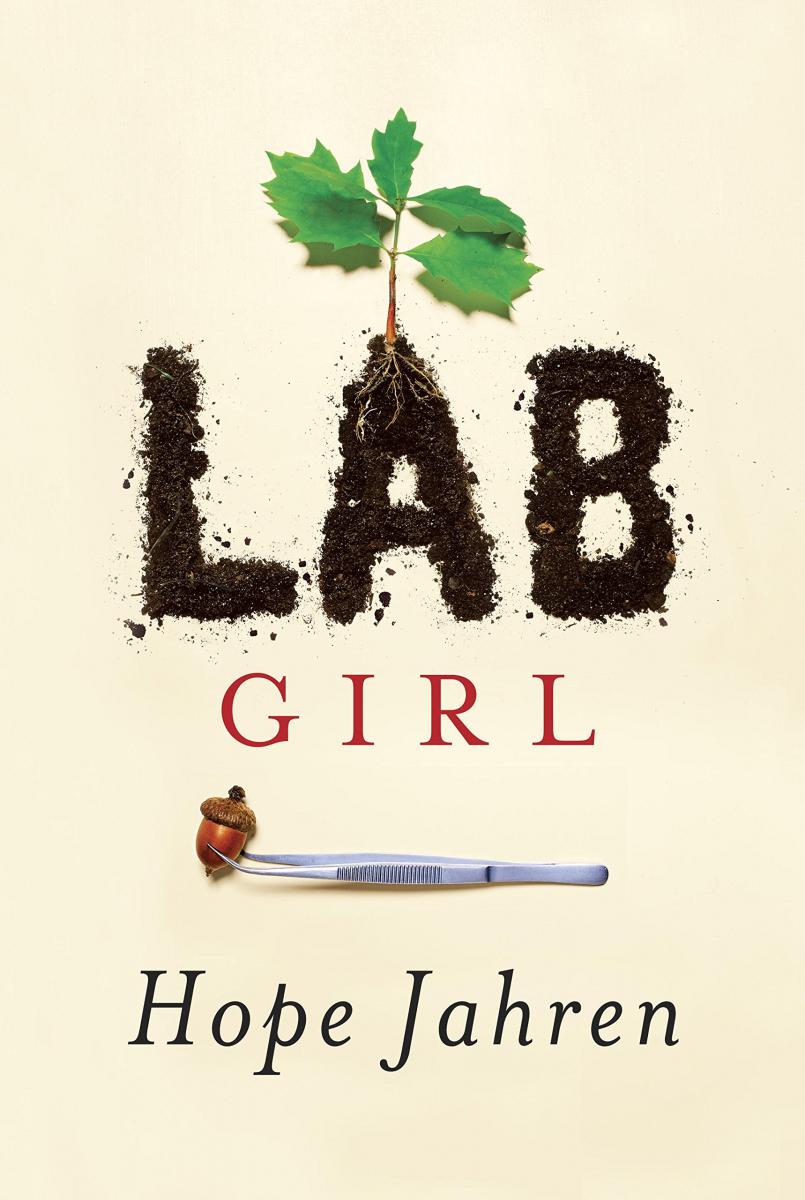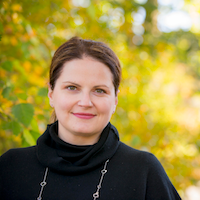 As I was just saying in part 1, I was starting to feel nervous while listening to Hope Jahren, author of Lab Girl, interviewed on NPR’s Science Friday. After she made the perfectly welcome point that scientific jargon can be alienating to the general reader, she was asked by John Dankosky (sitting in for regular host Ira Flatow), why scientific papers have to be impenetrable. Jahren replied:
As I was just saying in part 1, I was starting to feel nervous while listening to Hope Jahren, author of Lab Girl, interviewed on NPR’s Science Friday. After she made the perfectly welcome point that scientific jargon can be alienating to the general reader, she was asked by John Dankosky (sitting in for regular host Ira Flatow), why scientific papers have to be impenetrable. Jahren replied:
Yeah, and that’s been an interesting thing that I’ve had the opportunity to think very deeply about. I have a lot of ideas about how that sanitizing process is meant to protect science to protect its elite status as not something that everyone can do, and how better to do that than to talk about it in a way that not everyone can understand? Um, and so with this book, I’ve decided to break all those rules.
I don’t like the conspiracy-theory tone here. I agree that it’s important, in writing for the public, not to indulge in jargon, and I acknowledge that it’s possible to overdo the jargon even in professional scientific contexts. But in such contexts, the point of jargon is not to exclude the uninitiated but to allow clarity, precision, and concision—at least, I hope it is since restricting science to an elite in-crowd would certainly breed suspicion and contempt. Still, let’s see where she went with her rule-breaking.
By saying that a plant “chooses” where to grow, I’ve broken a rule. I’m supposed to say that “a plant establishes itself under optimal resources” or something like that. But by doing that, I’ve done a couple of things: I’ve taken it out of the realm of your everyday words, and I’ve also adopted a tone that’s meant to detach you from the intuitive experiences that you have that you might relate or sympathize to what I’m saying. So I’ve decided to break all those rules. I don’t know what the punishment will be, but I’ve surely done it.
 Dankosky followed up with a question I’m sure many of you want answered, “I wonder if some scientists worry about the risk of anthropomorphizing, about saying that the vine or the tree is making its own choices it’s telling an imprecise story about how the tree actually works?” And it’s Jahren’s answer that solidified the “Say What?” status of the interview:
Dankosky followed up with a question I’m sure many of you want answered, “I wonder if some scientists worry about the risk of anthropomorphizing, about saying that the vine or the tree is making its own choices it’s telling an imprecise story about how the tree actually works?” And it’s Jahren’s answer that solidified the “Say What?” status of the interview:
Yeah, it’s funny because you know when scientists read this book, the big comment that I get is that I wrote in there, and I don’t know the exact sentence off the top of my head, but I wrote that plants are the only organisms that can turn inorganic matter into sugar. And I get incredibly upset, you know, responses from scientists over that, you’d think I was inciting people to violence by writing that sentence, it’s really amazing. And they say, “You don’t mean plants, you mean autotrophs, and you are not necessarily incorporating unicellular autotrophs into that description, et cetera.” And what I’ve done there, and trust me, I thought a lot, I thought about every sentence in this book, and I was absolutely pigheaded about keeping terminology out of it to the biggest extent possible. I gave myself a structure and I said I’m not going to violate that structure by introducing scientific terms. And so, if I sacrificed some of the, some of the precision associated by saying “plants” when what I really mean is “multicellular and unicellular eukaryotic and prokaryotic autotrophs” then that’s the price we’re just going to have to pay to talk to a new group of people.
Dankosky replied, “I’m sure that our listeners will forgive you.”
And now you know why I was shouting “I don’t forgive you!” to the bananas.
It wasn't just her condescending reply to her critics, as though the scientists who wanted her to clarify were somehow insufferable and stuffy—pedantic, even, as I told the ranks of Cavendishes (Musa acuminata AAA). But Jahren apparently subscribes to the incredibly frustrating and damaging false dichotomy that you can be either accessible and engaging or accurate and scientific—but not both. This drives me absolutely, well, bananas. Has Jahren ever read Gould? Or Ed Yong? Or Neil Shubin, Ken Miller, or Sean Carroll? Jahren clearly loves science—shouldn’t she want to share science with her readers? Isn't worth knowing that there are things besides those we commonly call “plants” that can perform the feat of turning the non-living into the living? I sure as heck do. That’s not to say that autotrophs are a fifth-grade concept. Is she suggesting that she can’t use her gift of language to jog her readers’ memories of an elementary science concept? I’m not the writer that she is, but even I can see how the passage could easily have combined accessibility and accuracy, as I’ll demonstrate in part 3.
Are you a teacher and want to tell us about an amazing free resource? Do you have an idea for a Misconception Monday or other type of post? Have a fossil to share? See some good or bad examples of science communication lately? Drop me an email or shoot me a Tweet @keeps3.

